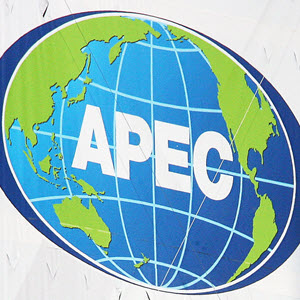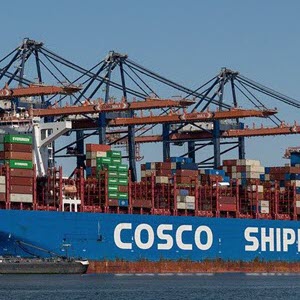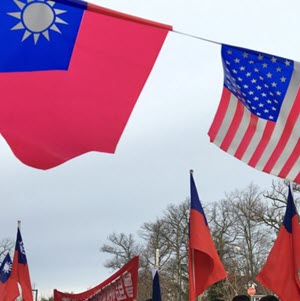Contact
Technology and Geoeconomic Affairs
NBR’s Technology and Geoeconomic Affairs research team aims to deepen understanding of technological and economic issues driving the future of strategic competition and international cooperation in the Indo-Pacific. Projects analyze complex and rapidly evolving issues shaping economic trends and technological developments across the region and disseminate findings through public and private events.
The Impact of China’s Economic Slowdown on Trading Partners
NBR, in partnership with AidData, has launched a research initiative examining China’s economic slowdown and its impacts on the country’s international economic partners. The project will produce an NBR report featuring data-driven research and country-specific case studies examining trends in China’s engagement with various types of economies.
Global Approaches to Digital and Competition Policy
As the digital economy and tech platforms become increasingly ubiquitous, different models for regulating the tech sector have emerged. NBR is examining Asian, U.S., and EU approaches to digital regulation and competition policy and working to elevate discourse on digital policy, understand the effectiveness of various models of digital regulation, and share findings with Indo-Pacific policymakers.
Economic Security and Critical Technology Supply Chains
NBR partnered with experts at the Pacific Northwest National Laboratory (PNNL) to produce reports on chokepoints and export controls in critical supply chains. Additionally, a recent NBR report examines U.S. and Japanese approaches to economic and technological security and highlights areas of potential cooperation.
U.S.-Korea Cooperation in Emerging Technology
Bilateral technology and innovation cooperation is an increasingly critical part of the U.S.-ROK alliance. Recent work includes an NBR Special Report on bilateral cooperation across battery technology, biotechnology, and quantum computing, culminating in this year’s Pacific Technology Policy Conference.
Featured
 2025 Pacific Technology Policy Conference
2025 Pacific Technology Policy Conference
 Achieving Resilience in an Era of Disruption
Achieving Resilience in an Era of Disruption
 U.S.-Japan Economic Security and Technology Cooperation
U.S.-Japan Economic Security and Technology Cooperation

Pathways for U.S.-ROK-Japan Cooperation: Strengthening Trilateral Ties amid Uncertainty

Charting China’s Export Controls: Predicting Impacts on Critical U.S. Supply Chains

China’s Generative AI Ecosystem in 2024: Rising Investment and Expectations
 2024 Pacific Technology Policy Conference
2024 Pacific Technology Policy Conference















 Partners across the Pacific: U.S.-Taiwan Trade and Technology Relations
Partners across the Pacific: U.S.-Taiwan Trade and Technology Relations